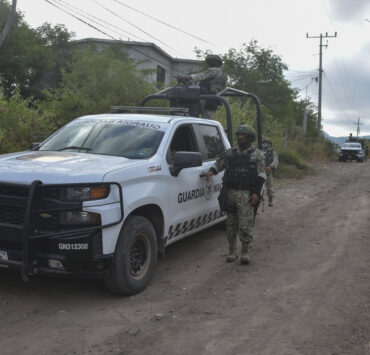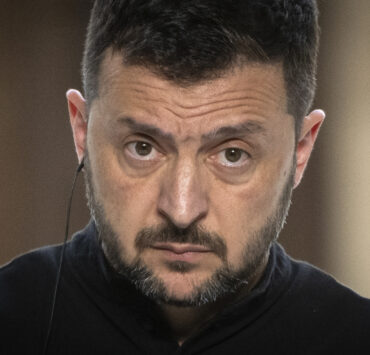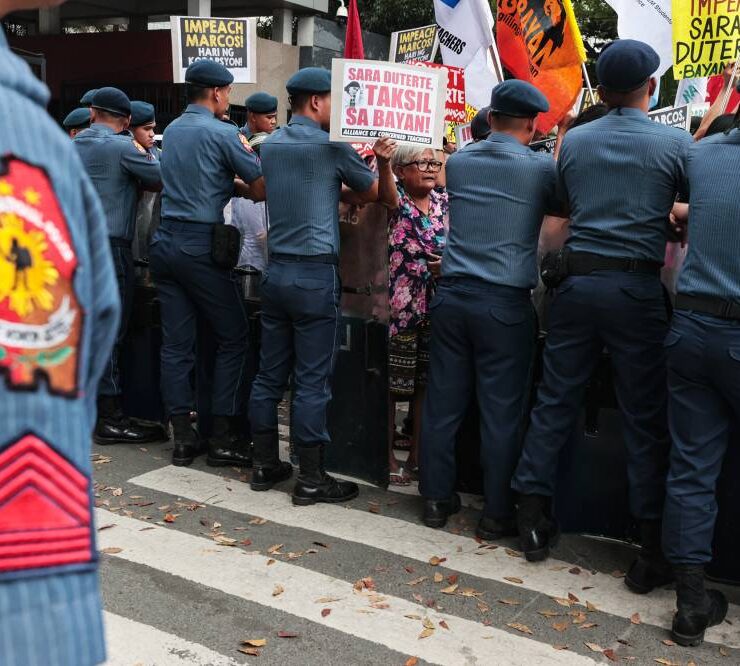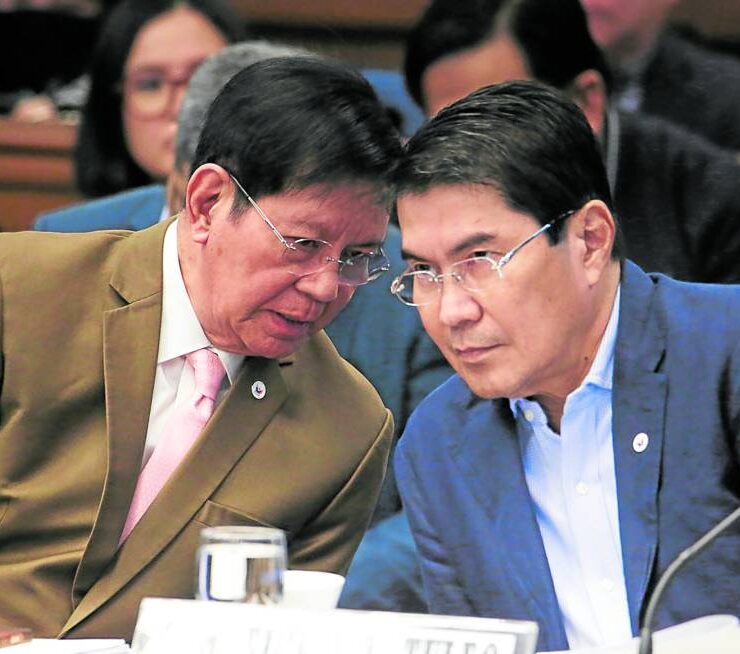‘Tanggol Wika’ joins opposition to new law that bans use of mother tongue among early learners
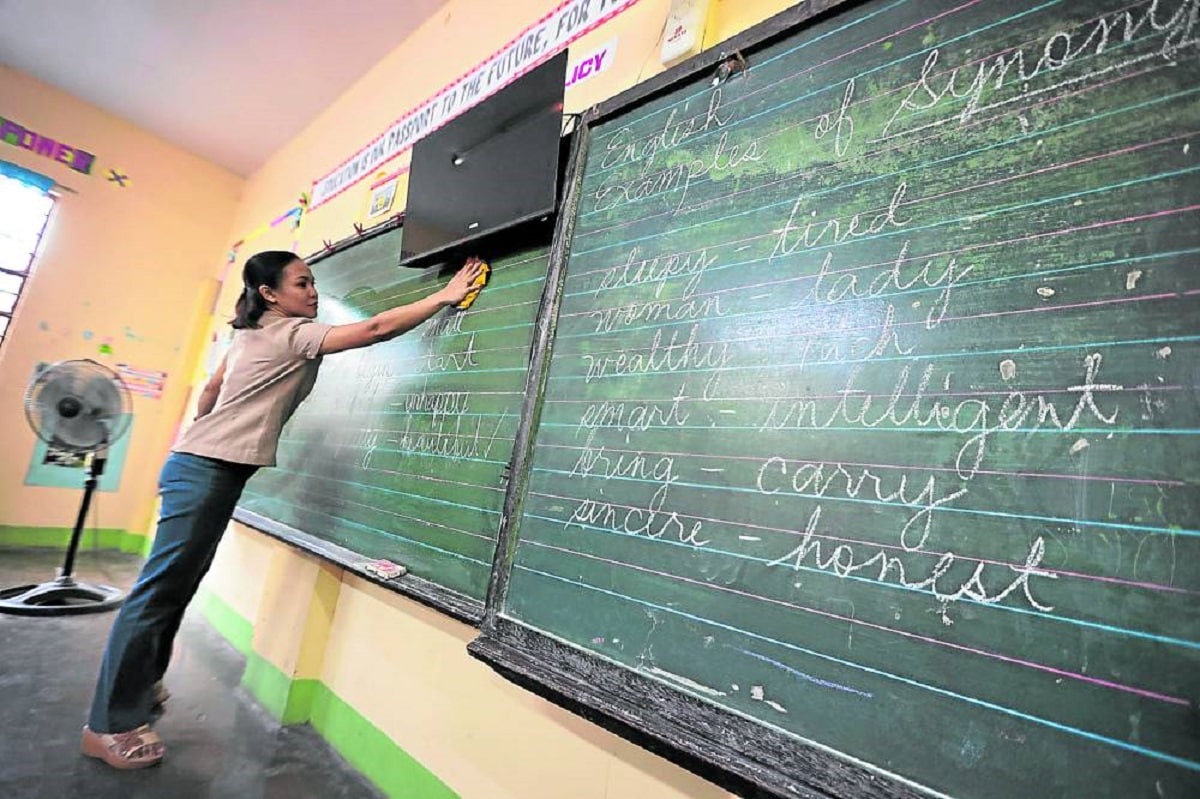
An alliance of defenders of the Filipino language has expressed opposition to the new law that discontinues the use of the mother tongue as a medium of instruction, saying that this is contrary to the recommendations of education experts.
David San Juan, lead convenor of the Alyansa ng mga Tagapagtanggol ng Wikang Filipino (Tanggol Wika), pointed out that any deficiencies found in implementing the Mother Tongue-Based Multilingual Education (MTB-MLE) should not be blamed on the program itself, but on the insufficient government funding for education.
“The lack of storybooks, textbooks, glossaries, dictionaries and other important materials for the implementation of MTB-MLE—aside from the lack of training for the teachers—was a direct result of the failure by Malacañang, the House of Representatives and Senate in setting aside a budget for our country’s education system,” San Juan said in a statement written in Filipino.
The post-Edsa People Power Revolution administrations have not made any progress in securing additional funds for education, and the Department of Education itself also failed to provide for the needs of teachers and students at the elementary level, San Juan said.
He was referencing Republic Act No. 12027, which discontinued the use of mother tongue as a mode of instruction from kindergarten to Grade 3 levels after it lapsed into law over the weekend.
Under RA 12027, the medium of instruction reverts to Filipino, “and until otherwise provided by law, English,” while the regional languages will serve as a supplementary medium of instruction for the students.
Read: Use of mother tongue as mode of instruction ends as bill lapses into law
Higher scores
San Juan noted that several regions in the country yielded high scores among students who use their mother tongue, contrary to claims by lawmakers who wanted to refrain from the MTB-MLE.
He cited data from the Bureau of Learning Delivery on Early Language, Literacy and Numeracy Assessment showing the higher mean percentage scores among students who used their mother tongue, including Filipino, Hiligaynon, Ilocano, Ivatan, Kapampangan, Kinaray-a, Maguindanaoan, Maranaw, Sinugbuanong Binisaya, Surigaonon, Waray and Yakan.
Their mean percentage score was even higher than those of students who used English as their language.
“Moreover, there is enough evidence that the MTB-MLE had a positive impact in several regions,” San Juan said.
The Alliance of Concerned Teachers (ACT) has also called on President Marcos to seek the repeal of the law.
This runs counter to developing the Filipino learners’ foundational literacy skills, according to Vladimer Quetua, chairperson of ACT.
Teaching through the mother tongue is “foundational” especially in the development of literacy skills since learners can easily learn to read and write in their native language that they use and understand on a regular basis, he said.
Read: Discontinuing mother tongue use is ‘major setback’ for primary education–ACT














